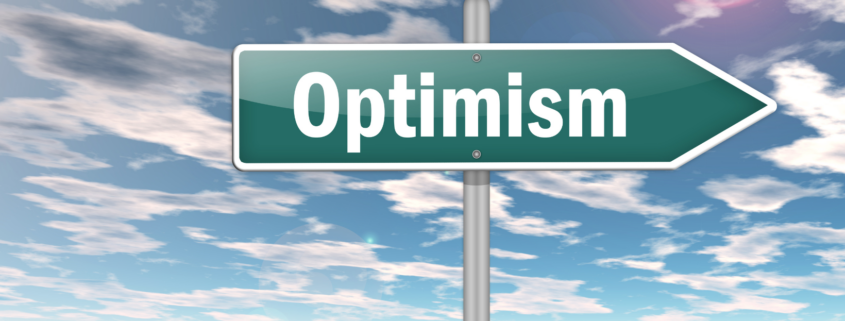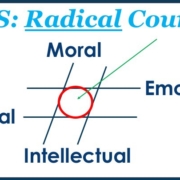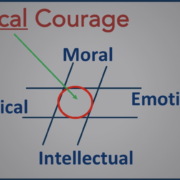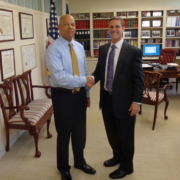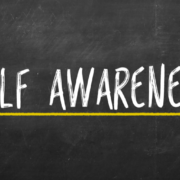Optimism versus Wishful Thinking? Here’s what you need to know.
I was so sure that leaders would jump at the opportunity for leadership seminars at historical battlefields that I hired a digital marketing company, made excellent videos, created sales funnels, and poured thousands into Facebook ads.
It was an epic fail. 2 million views, over 250,000 likes, not a single buyer. I was right that leaders value off-sites at historic venues, but the marketing strategy was flawed. Wishful thinking costs me tens of thousands of dollars. I fixed the value proposition and marketing and it’s now among my most successful and impactful programs.
Are you optimistic or a wishful thinker? Do you sometimes struggle to decide whether to stay or change the course? You are not alone.
Having the courage of your convictions can help you weather inevitable ups and downs, keep naysayers at bay, and provide the patience you need to see innovations succeed. You can easily cross into wishful thinking, hurtling eyes wide shut into bankruptcy.
At the same time, a lack of conviction can lead to hyperactivity as you swing from one idea to another, shift courses constantly, and perpetually change your mind.
Leaders need optimism; no one will follow you if you don’t believe in success. You also need guardrails against ostrich-like wishful thinking that can ruin your business or get people hurt. For example, wishful thinking was in plentiful supply until the bitter end in Afghanistan.
You need the right balance between conviction and open-mindedness – a prudent optimism. It’s not easy.
According to The Wall Street Journal, 23andMe, a DNA-testing company, has seen its valuation plunge to nearly zero today from $6bn in 2021 as it tried to pivot into becoming a small biotech. Meta, meanwhile, reportedly loses $3bn to $4bn per quarter on Metaverse. Autonomous vehicle companies are struggling to meet safety concerns and avoid liability issues in the event of a crash or injury. Electric vehicles aren’t selling well despite generous government subsidies. Since FTX’s fall, crypto seems even more of a gamble. A lot of money seems to be circling the drain.
Should these companies press on and risk bleeding cash until bankruptcy, like Blockbuster, or miss out on a massive breakthrough, as Kodak, which invented the digital camera and ditched it in favor of film?
This chart can help you determine whether you are optimistic or inhaling your own gas.

The critical difference between optimism and wishful thinking is the willingness to try new things. Here are some indicators that you might be on the wrong side of the line.
- You believe information that confirms your pre-existing views and discount contrary ones (confirmation bias).
- You create a higher bar for new ideas to prove their worth than you do for the existing approach (status quo bias).
- You emphasize the effort and investment you’ve already made to justify staying the course (sunk cost paradox).
- You point to a single anecdote instead of assessing a more comprehensive array of evidence (availability bias).
- You sideline critics and surround yourself with people who agree with you (sycophancy bias).
- You treat tough questions as personal attacks (thin-kin syndrome).
Here are strategies to keep hope alive without self-delusion.
- Have two or three trusted advisors who 1) want what’s best for you, 2) are willing to tell you the truth, and 3) can build your capacity. These confidants will alert you to the traps above.
- Identify and assess your assumptions about the product or idea. Ask, “What must be true for [x] to work?” Your answers are your assumptions. If the assumption proves untrue, it’s time to modify your approach.
- Compare alternative strategies using a level playing field. AI can be a superb tool for reducing some of the biases above. AI has its own biases and limitations, but it will give you logical responses that will help you ask tough questions.
- Gain perspective through history and the experiences of others. You’re not the first one to face challenging situations or tough decisions. Learning how others created proper firewalls between optimism and wishful thinking will help you develop a system that works for you.
Providing you with the tools to sustain prudent optimism is one of the outcomes you’ll get when you join me on a battlefield leadership experience like Antietam & Gettysburg. These and other historical venues are perfect for off-sites because you get everyone out of their comfort zones into the fresh air and gain tools that help you manage your business’s most vital elements.
Send me an email or schedule a call if you’d like to discuss an off-site for your company.
